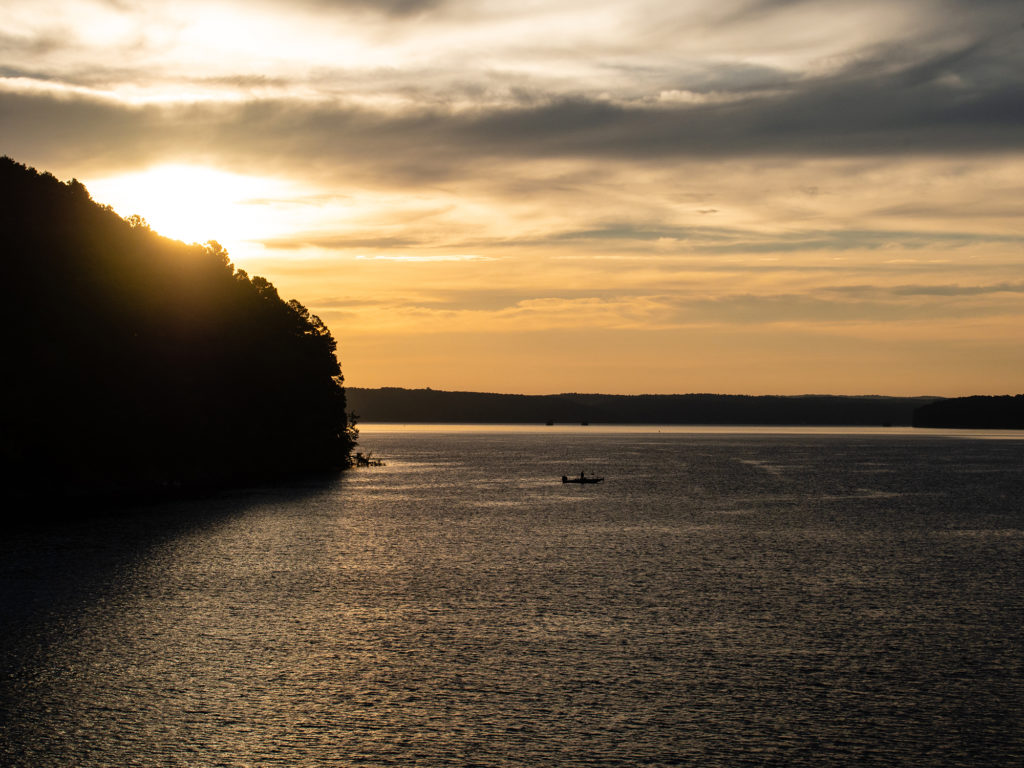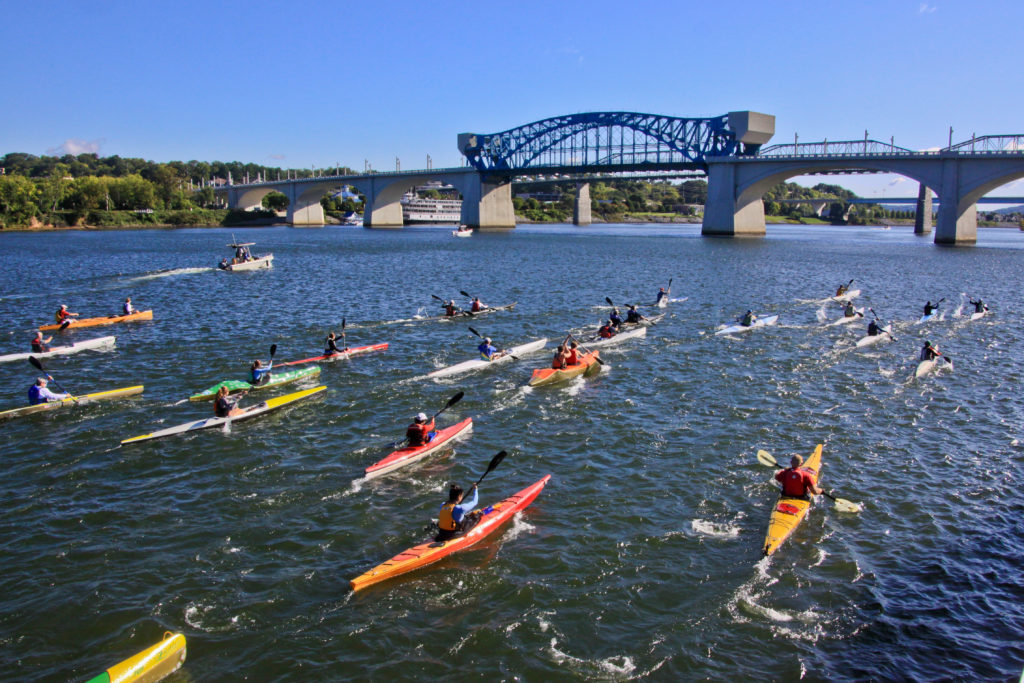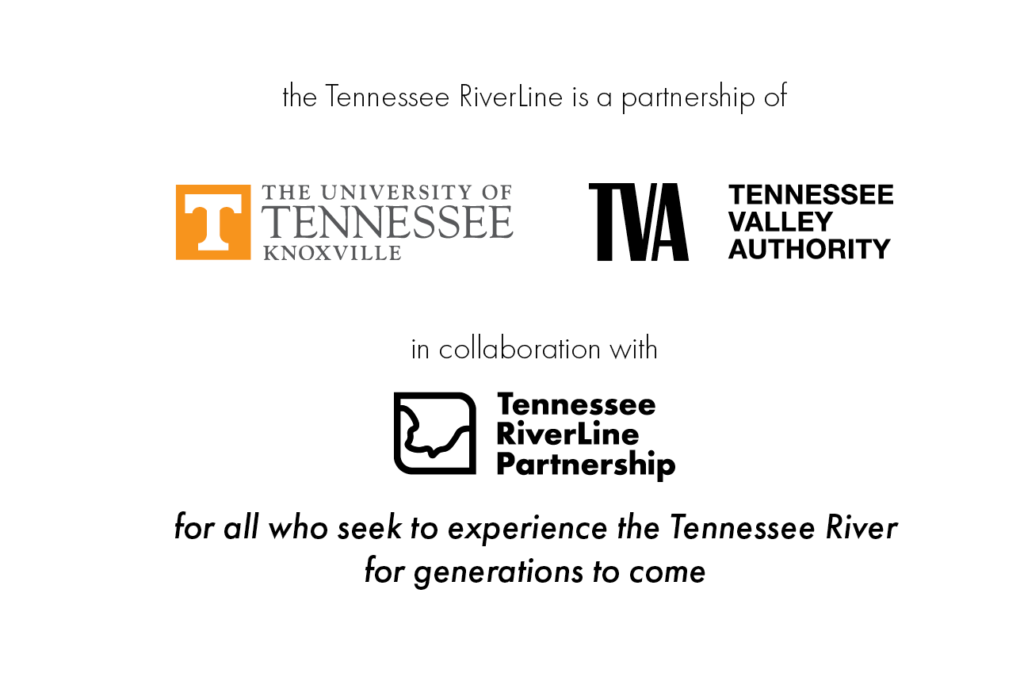September 8, 2021 National Resilience Planning Expert Joins Tennessee River Studio
“I am excited to work with students to explore the natural and cultural dynamics of the river and develop strategies for resilient and sustainable design and land management.” -Pippa Brashear, SCAPE Landscape Architecture __

The School of Landscape Architecture welcomes Pippa Brashear, Planning Principal with SCAPE Landscape Architecture in New York, as co-instructor of the school’s Tennessee River Studio. Brashear will teach during the fall 2021 semester with Assoc. Professor Brad Collett.
Brashear is a leading national expert on resilience planning and climate adaptation. At SCAPE, she helps develop landscape strategies and next-century infrastructure that integrate environmental, economic and social benefit.
“The Tennessee River Studio captures the opportunity and need for landscape architecture at the regional scale,” said Brashear. “I am excited to work with students to explore the natural and cultural dynamics of the river and develop strategies for resilient and sustainable design and land management.”
Brashear will teach both virtually and in-person, and on Sept. 8-12, she will join the studio as they travel the full length of the river, meeting with organization and environmental leaders and people who rely on the river for livelihoods and recreation. This is the sixth annual tour of the river, including a virtual tour in 2020.
“The River Tour is a unique opportunity to explore and experience the regional landscape of the Tennessee River and how it is shaped by both human and natural process. This opportunity to observe the many unique places and conditions along the river and engage with the people who manage and rely on it is a foundational experience for the studio and will inform and shape our work over the semester,” Brashear said.
Brashear earned master’s degrees in Landscape Architecture and in Urban Planning with Distinction from the Harvard University Graduate School of Design. She also holds a Bachelor of Arts degree, cum laude, in Environmental Science and Public Policy from Harvard College.
“Pippa’s professional experience at the intersection of ecological, social and infrastructure systems is a perfect fit for our evolving exploration of the Tennessee RiverLine and the river most broadly,” said Collett. ”Her contributions to the studio are further accelerating its pursuit of opportunities for innovation across the scales of planning and design.“
About the Tennessee River Studio
Since 2016, Collett has taught the Tennessee River Studio in the School of Landscape Architecture, a unique collaboration of the UT College of Architecture and Design and Herbert College of Agriculture. Each year, students in the studio have toured the landscape and communities along the Tennessee River from Knoxville to Paducah, and after a year of virtual learning, they are ready to embark on an in-person tour.

“For an out-of-state student, the River Tour is a fantastic opportunity to see, first-hand, the landscapes in which we will be designing,” said Aubrey Bader, a Bachelor of Architecture and Master of Landscape Architecture 5+1 Program student. “While researching the Kentucky Reservoir, I have discovered many nuances to the river—from tight bends and iconic islands to immense lakes and TVA infrastructure. I will be closely watching for these and other unique expressions of the river and river communities along our journey.”
During the 2021 river tour, students will study a diversity of ecotones, which are edge conditions, of the Tennessee River to understand how those edges are affected by adjacent land, river/reservoir conditions, competition between natural systems and human priority on the stability at the river’s edge and the economic, social and environmental systems that affect each. To prepare, students are currently researching the nine reservoirs of the Tennessee River.
“It’s one thing to research a topic, like the Tennessee River, but it’s an entirely new level to take a multi-day tour to experience first-hand the vastness of the river and some of the different reservoirs and communities that operate adjacent to the river,” said Kelsey Jones, a second-year student in the Master of Landscape Architecture program. “I’m looking forward to the new perspectives this trip will no doubt lend me.”

During the tour, students will meet with eight river stakeholders in Tennessee, Alabama and Kentucky, including those representing the UT Institute of Agriculture Holston Unit, Cherokee Removal Memorial Park, Tennessee Aquarium, Chattanooga-area outfitters, Tennessee Valley Authority at Lake Guntersville and the U.S. Fish and Wildlife Service at Wheeler National Wildlife Refuge. They also will meet Ron Robertson, a Hardin County farmer, and Randy Bowling, Port Captain of Crounse Corporation, a barging company.
Using the research and feedback they attain on the tour, students will design proposals that will explore how the edge and edge landscapes of the Tennessee River can be diversified in terms of their ecological health, public access and social performance for diverse communities. They will look at equity of access, culturally-appropriate engagement with river spaces, economic performance and more.
This work not only will inform students’ studio designs, but it also will elevate their understanding of landscape in the world, prepare them to contribute to the profession and enrich the research and design of the Tennessee RiverLine.
“Right now, much of the river’s edge is mono-functional—a single land-use type, designed for stability and not access to or support for river ecosystems,” said Collett, who also serves as director of the Tennessee RiverLine. “The students’ work will inform community or site-specific proposals that advance the Tennessee RiverLine’s vision in those places and begin to establish a catalogue of conditions and proposals for typical trail elements, such as access points and campgrounds, that inform Tennessee RiverLine design standards.”
The Tennessee River Studio is a cross-collaborative experience, including graduate and undergraduate students from both the School of Landscape Archtecture and School of Architecture.
The Tennessee RiverLine, which started in the Tennessee River Studio in 2016, is an initiative for a 652-mile continuous paddle-hike-bike trail along the full length of the Tennessee River, from Knoxville to Paducah, Kentucky. It is supported by principle partners University of Tennessee, Knoxville, and Tennessee Valley Authority, and other engaged organizations in the region.



